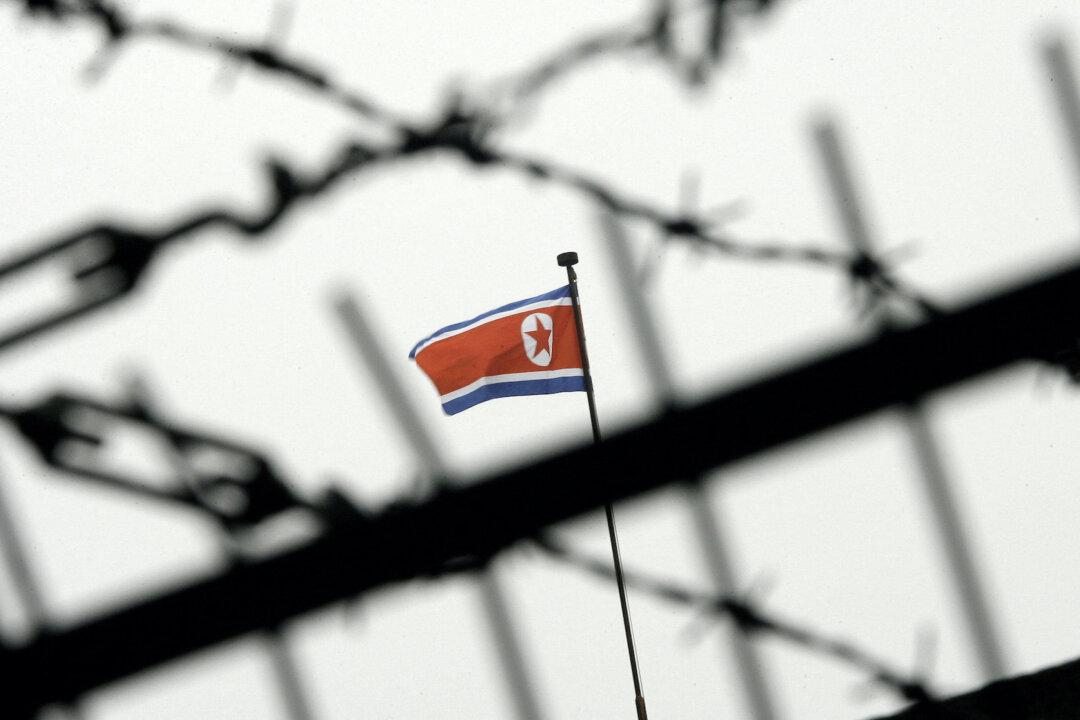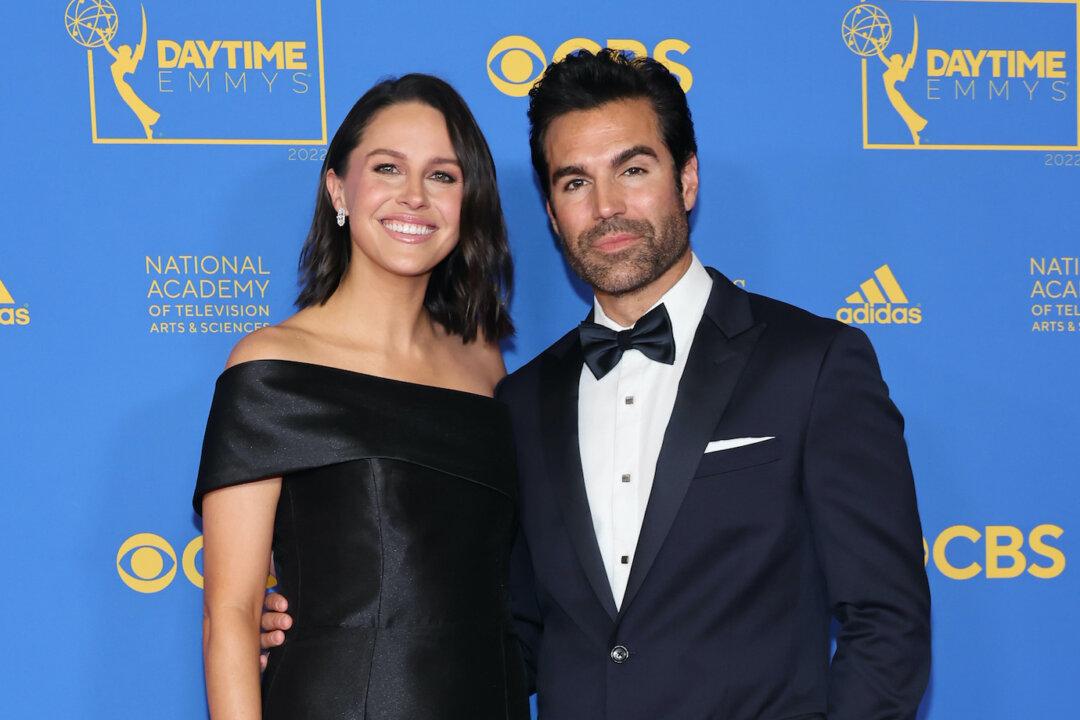The Sundance-winning documentary “Beyond Utopia,” which aims to show the unthinkable conditions for those living inside North Korea and the harrowing escapes of its defectors, has another daunting mission: To provide those living within the totalitarian state an awakening of the outside world.
That’s because North Koreans remain living largely in obscurity, with very limited photos and videos of their plight, which are readily available to those outside their world.





